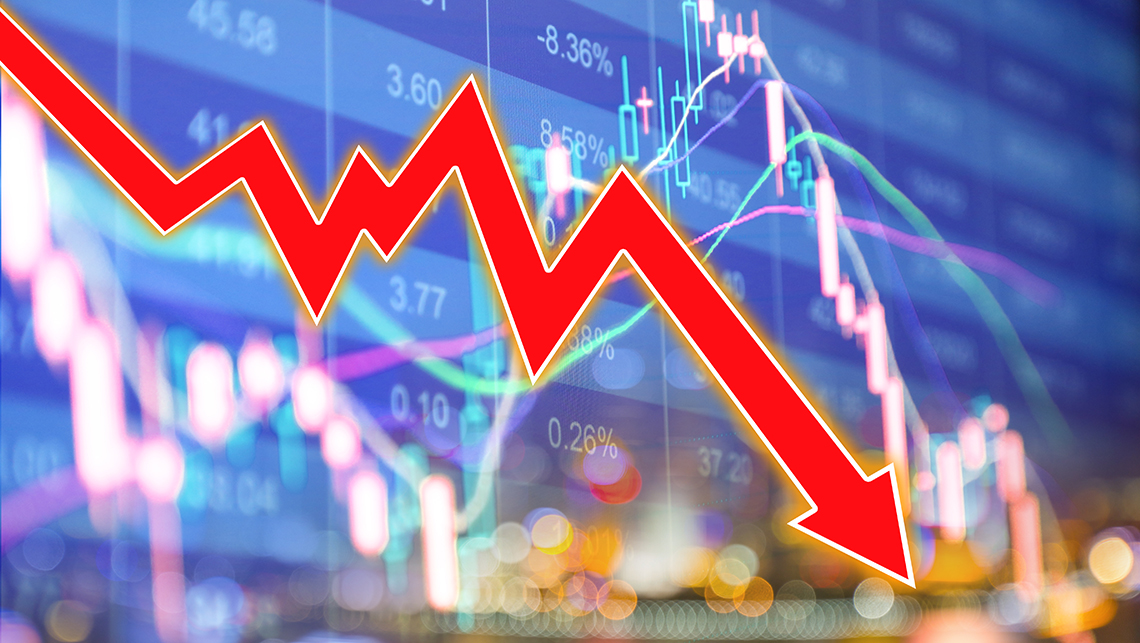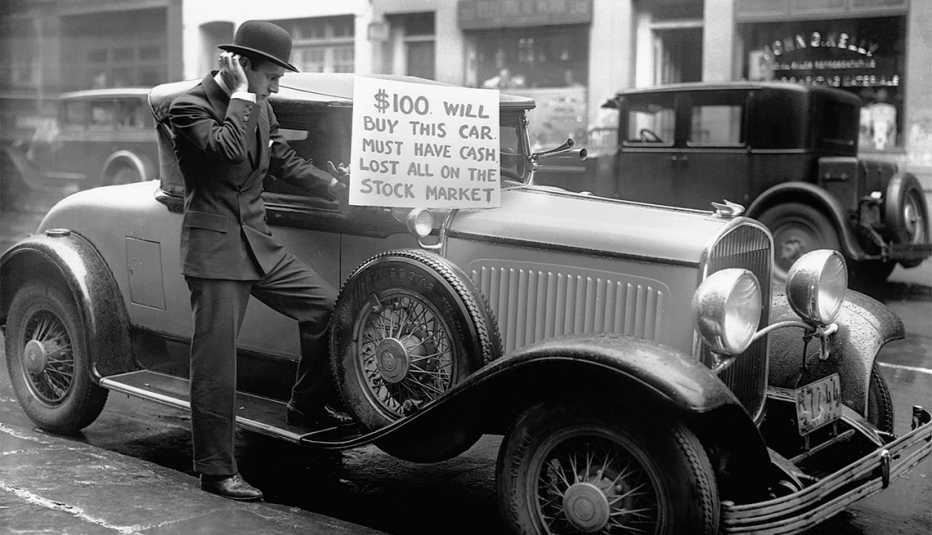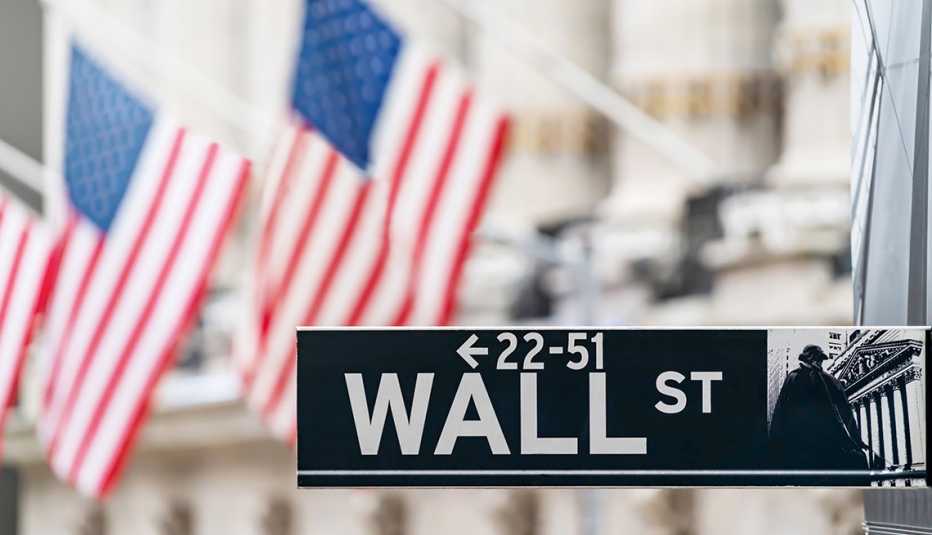Staying Fit
The stock market continued to gyrate after the Federal Reserve Bank made a surprise half-percentage point cut in a key short-term interest rate Tuesday.
The Dow Jones industrial average, which posted a 1,293.96 point gain March 2, swooned by more than 500 points in midday trading March 3. The previous week, the Dow plunged nearly 5,000 points, or about 16 percent since its all-time high at mid-month, as anxious investors worried that COVID-19 will have a continued economic impact are looking for expert advice.


AARP Membership— $12 for your first year when you sign up for Automatic Renewal
Get instant access to members-only products and hundreds of discounts, a free second membership, and a subscription to AARP the Magazine.
And while a drop of such magnitude is always worrisome, particularly to professional investors who account for the bulk of daily stock trading, individuals seem to be more calm. “We've had phone calls from nervous investors, but not an inordinate amount,” says Raymond Ferrara, a financial planner in Clearwater, Florida. “Clients aren't panicking when you explain what's happening.”
What's happening is that investors worry that COVID-19, the disease caused by the novel coronavirus, is spreading worldwide. And while the virus has a low mortality rate, governments and businesses are taking steps to slow its spread, including shutdowns, quarantines and travel bans that have an impact on tourism and service industries as well as global supply lines. Apple, for example, said in mid-February that it was cutting its sales expectations for the first quarter of 2020 because production — mainly in China — was ramping up more slowly than expected. The virus first appeared in Wuhan, China.
What should older investors do?
- Don't try to time the market. If everyone could sell before a bear market hit, we'd all be rich. And if you try to time the market — that is, predict when the best times to buy or sell may be — you run the risk of selling at the bottom and not getting back in.
As with stock market declines over the past several decades including the financial crisis and Great Recession, the biggest challenge for those inclined to dump stocks is determining when to get back into the market,” says Mark Hamrick, senior economist for Bankrate. “History tells us that most mere mortals aren't able to get that timing right, which risks exacerbating losses. Long-term investors with the ability and fortitude to remain in the market should do just that. This is for certain: One locks in a loss by selling."
- Keep perspective. Many people count their losses from the stock market's most recent high. In reality, if you have been investing throughout the years in a company 401(k) plan, an IRA or just your own brokerage account, you probably have a considerable gain.
As of Feb. 27, the Standard & Poor's 500 stock index had gained an average 10.43 percent a year the past 10 years, including reinvested dividends. So, despite the selloff, the blue-chip index is at about the same level as it was in September 2019.
Since the end of World War II, the stock market has typically fallen about 5 percent in reaction to geopolitical events, such as the Six-Day War (off 1.5 percent) and the Pearl Harbor attack (19.8 percent), according to Stovall. The average time from bottom to recovery is 47 days. Full-blown bear markets have lasted 14.5 months on average, and recovery from them has taken an average of two years.
For ways to save and more, get AARP’s monthly Money newsletter.
- Stay diversified. If you have bonds or money market mutual funds in your portfolio, they have cushioned the market's nastiness. For example, if you had 40 percent of your money in a bank CD and 60 percent in the S&P 500, you'd be down 9.6 percent since the stock market's high. If you'd had a balanced portfolio — 60 percent stocks and 40 percent bonds — you'd be down about 6.5 percent. Bond prices rise when interest rates fall, and the stock market's decline has pushed down interest rates to historic lows.



































































